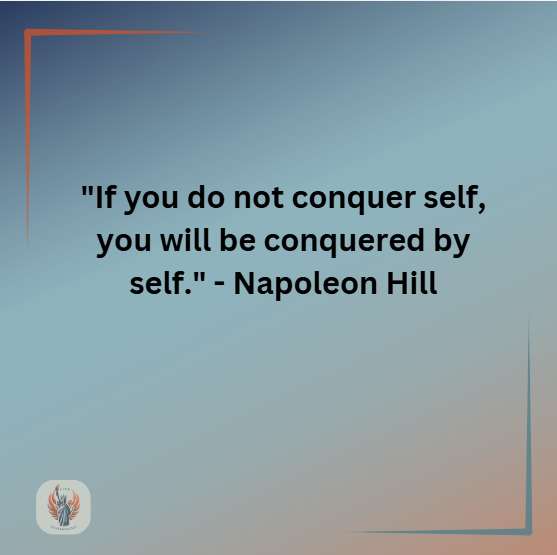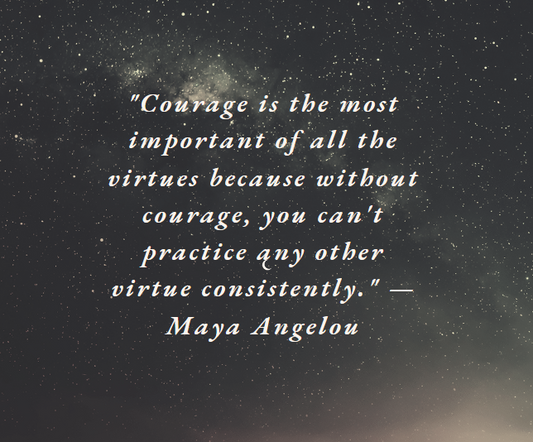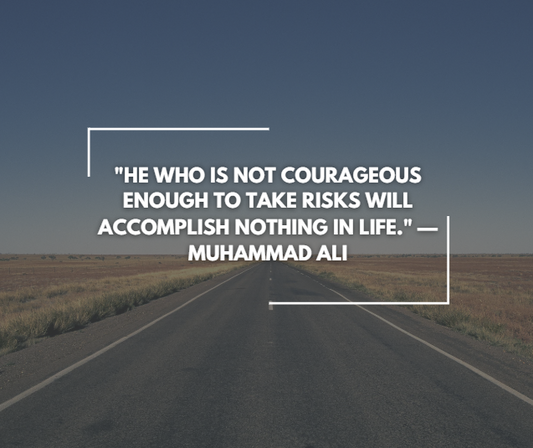If You Do Not Conquer Self, You Will Be Conquered by Self
Napoleon Hill, the renowned author of "Think and Grow Rich," famously said, "If you do not conquer self, you will be conquered by self." This powerful statement underscores the importance of self-discipline, self-awareness, and personal growth. It suggests that our greatest battles are often within ourselves, and how we manage our thoughts, emotions, and actions determines our success and happiness.
The Inner Battle
Everyone faces internal struggles, whether it's battling procrastination, overcoming negative thoughts, or managing emotions. These internal battles can be more challenging than external ones because they require deep introspection and consistent effort. If left unchecked, these internal conflicts can lead to self-sabotage, hindering personal and professional growth. To conquer self, we must first acknowledge these internal struggles and commit to addressing them.
Self-Discipline: The Key to Conquering Self
Self-discipline is the cornerstone of self-conquest. It involves controlling impulses, delaying gratification, and staying focused on long-term goals. Developing self-discipline requires practice and perseverance. Start by setting small, achievable goals and gradually increase the difficulty as your discipline strengthens. For example, if you struggle with time management, begin by creating a daily schedule and sticking to it. Over time, this habit will become second nature, and you will find it easier to manage your time effectively.
The Role of Self-Awareness
Self-awareness is another critical component of conquering self. It involves understanding your strengths, weaknesses, triggers, and motivations. By becoming more self-aware, you can identify the areas where you need to improve and develop strategies to address them. Regular self-reflection, journaling, and seeking feedback from others can enhance self-awareness. For instance, if you notice that stress triggers unhealthy eating habits, you can develop healthier coping mechanisms like exercise or meditation.
Managing Negative Thoughts
Our thoughts have a significant impact on our actions and emotions. Negative thoughts can create self-doubt and anxiety, preventing us from reaching our full potential. To conquer self, it's essential to manage these thoughts effectively. Cognitive-behavioral techniques, such as reframing negative thoughts and practicing positive affirmations, can help. For example, instead of thinking, "I can't do this," reframe it to, "I will do my best, and I can learn from any mistakes."
Embracing Personal Growth
Conquering self is an ongoing process of personal growth. It involves continuously seeking ways to improve and develop as an individual. This might include learning new skills, setting higher goals, or challenging yourself to step out of your comfort zone. Personal growth requires a mindset of resilience and adaptability. Embrace failures as learning opportunities and stay committed to your journey of self-improvement.
The Consequences of Not Conquering Self
Failing to conquer self can lead to a life dictated by external circumstances and internal chaos. Without self-discipline and self-awareness, individuals may find themselves constantly reacting to life's challenges rather than proactively shaping their destinies. This reactive approach can result in unfulfilled potential, regrets, and a sense of helplessness. By not taking control of your inner world, you allow external factors to dictate your happiness and success.
Napoleon Hill's insight, "If you do not conquer self, you will be conquered by self," highlights the critical importance of mastering oneself to achieve true success and fulfillment. Through self-discipline, self-awareness, and a commitment to personal growth, we can overcome our internal battles and lead more purposeful, empowered lives. The journey to self-mastery is not easy, but the rewards are immense. By conquering self, we unlock our potential, achieve our goals, and live a life of greater happiness and satisfaction.





